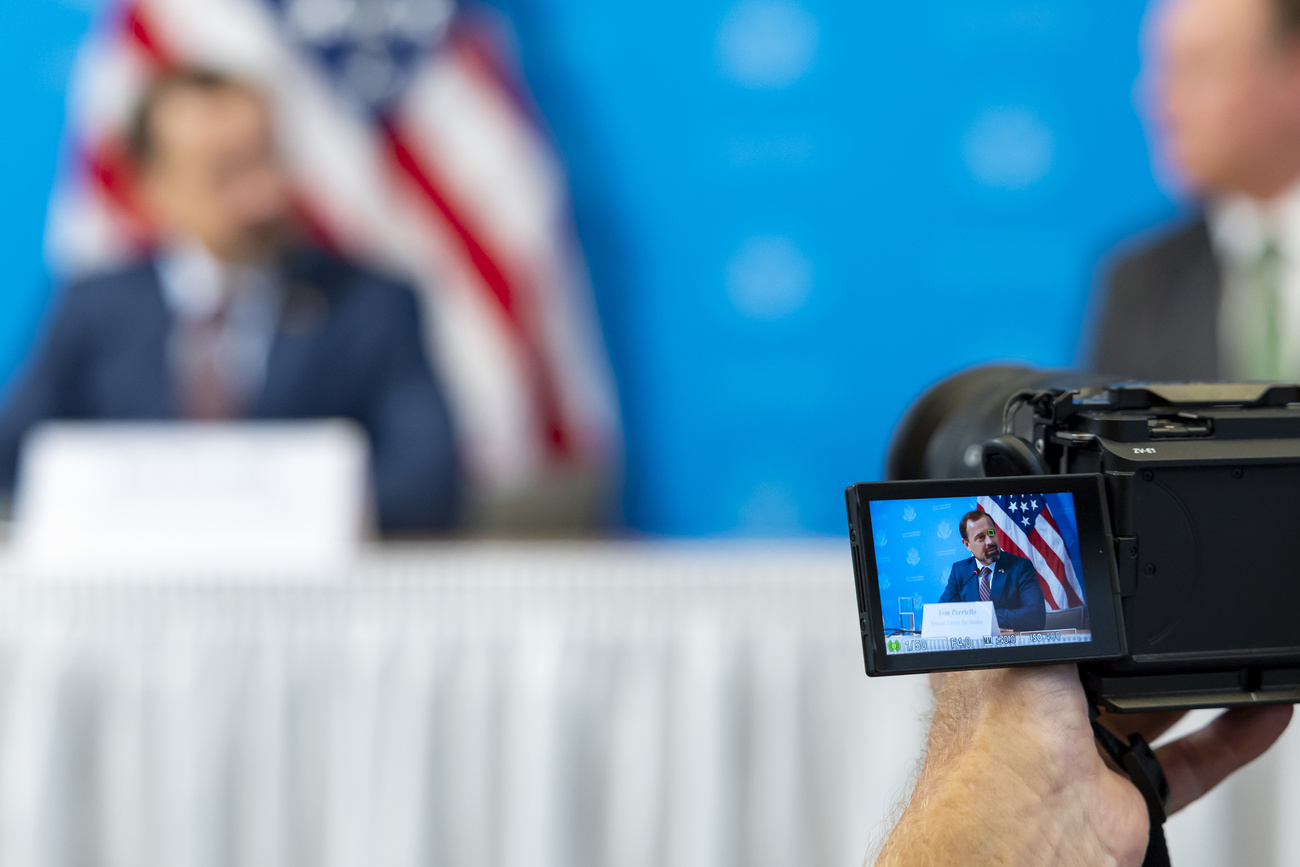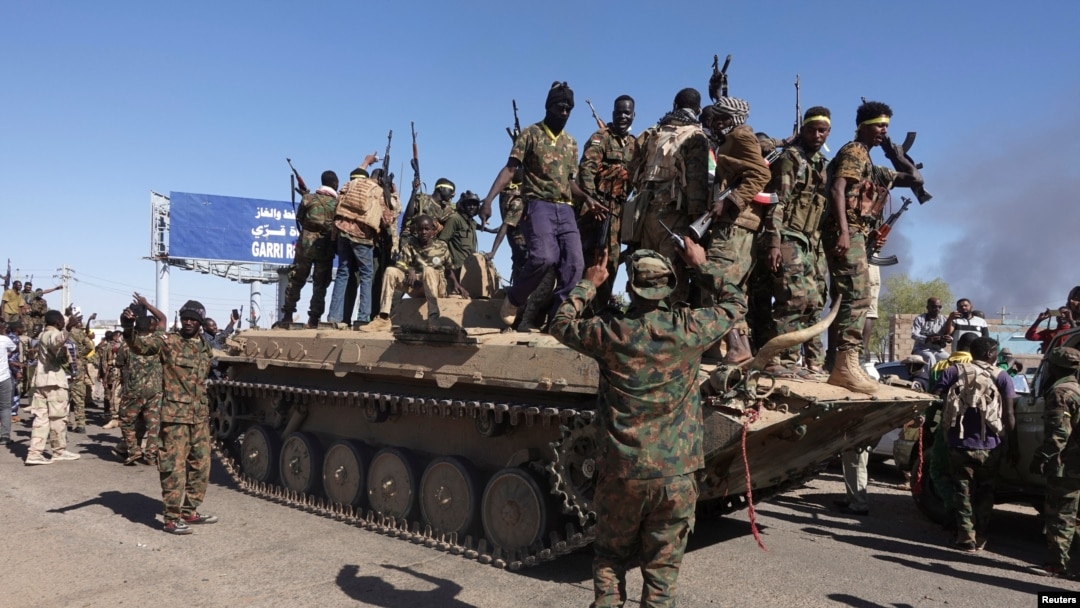Secret Sudan talks in Switzerland: What do we know so far?

Donald Trump appears to be eager to solve conflict in Africa, following his intervention in the war between DR Congo and the Rwandan-backed M23 group, which has just floundered after just one month.
According to Asharq Al Awsat, on August 16th, Donald Trump’s advisor on Arab and African affairs, Massad Boulos, held a 3-hour meeting on August 11th with Sudan’s army chief General Abdel Fattah al-Burhan in Geneva, according to diplomats and regional media.
Now, it seems that this meeting was also extended to General Burhan’s rival, as well.
Just hours apart from each other, Boulos met with General Mohamed Hamdan Dagalo “Hemedti,” commander of the paramilitary Rapid Support Forces (RSF). Such a meeting is yet to be confirmed, though local and regional media are using flight-tracking data to suggest he may have travelled to Geneva discreetly via private jet.
This, on top of the previously known meeting with General Burhan, could lead to an end to a brutal civil war that has claimed the lives of tens of thousands and displaced more than 12 million people.
Meeting or not, however, the war continues with attacks on refugee camps and famine in the country deepening amid a cholera outbreak.
Geneva, then, could mark a new and critical step towards peace. The Trump administration, until recently, had shown little interest in the war. Largely confining itself to limited interventions such as sanctions targeting Hemedti and Burhan in January.
More recently, in July, the US revealed a new contact group on Sudan alongside several of its allies. The ‘Quad,’ comprised of Britain, the UAE, Saudi Arabia, and the USA, was then meant to engage in its first meeting on the subject. Although this meeting has been suspended indefinitely
Experts believe that the sudden US focus on Sudan may stem from concerns for American foreign policy in the wider region. Most notably, the “new Middle East” strategy, with fears that the conflict in Sudan and its spillover could destabilise its neighbours and ultimately the surrounding region.
Diplomats and observers of the conflict map a variety of possibilities regarding diplomatic options: a time-and region-bound ceasefire in Khartoum, Kordofan, and Blue Nile states with international monitors; a broader framework agreement enshrining a nationwide truce, political transition and elections; or, less likely, a return to intensified fighting if the talks prove a facade.
Many speculate the talks could prove to be a useful cover to regroup and rearm each side under the cover of a US-mediated ceasefire, fears that are perhaps justified by post-Geneva rhetoric from both sides.
New reports also revealed all Sudanese Army proxies have been placed under direct military command. The concern is compounded by the rise of war profiteers, keen to interfere with any attempt at peace, along with extremist commanders hardening their stances on the war significantly.
According to political analyst Hatem Elias, Islamist factions see the continuation of the war not as some crusade, but a vital condition of their own survival: “If Burhan goes for peace,” he said, “it would be nothing short of a political miracle.”
Elias argues the RSF may be better positioned for peace talks due to its less rigid structure, unencumbered by Islamist factions. Though his concern lies with the very same Islamists influencing Burhan to adopt harder positions, or even go as far as using civilian or security proxies to sway public opinion.
But this concern is dismissed by others, believing the realities of war may have inspired some pragmatism in these factions. Sudan faces economic collapse, significant battlefield losses, and a looming prospect of further sanctions. With such an unfavourable landscape ahead, the Islamists under Burhan may be persuaded into a conditional peace to preserve their own power.
In these ways, the RSF’s position looks momentarily favourable. Choosing not to listen to international voices, they could continue their military campaign, consolidate their gains in Kordofan and Darfur, Tightening their grip on central Sudan. All the while, they turn their attention and resources to the establishment of a new government.
For these reasons, Mohamed Latif, another analyst, cautions that “Without tangible incentives, Hemedti may not rush into talks.”
Asharq Al Awsat, Maghrebi.org
Want to chase the pulse of North Africa?
Subscribe to receive our FREE weekly PDF magazine













